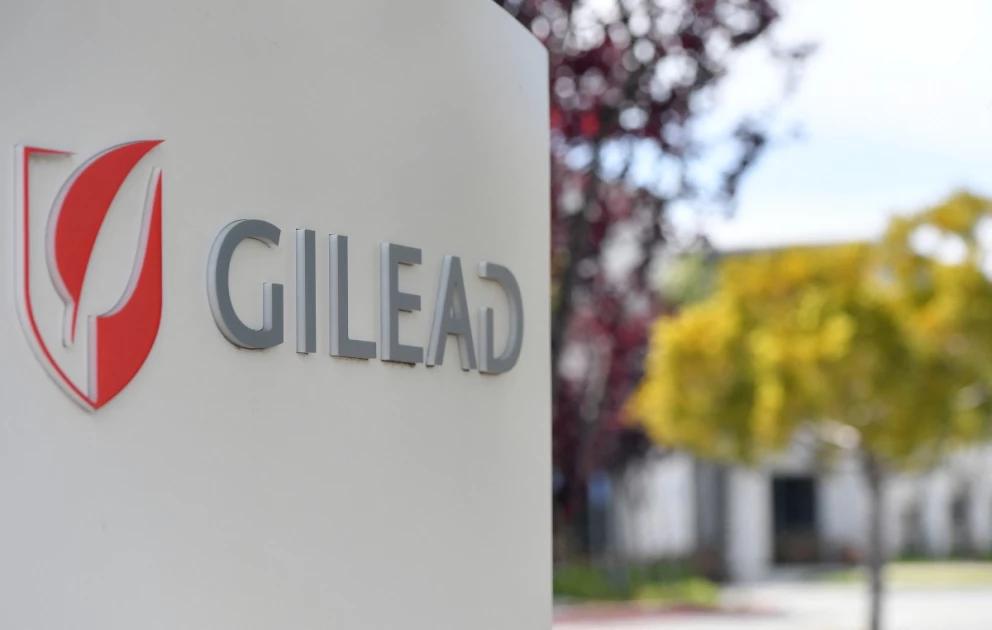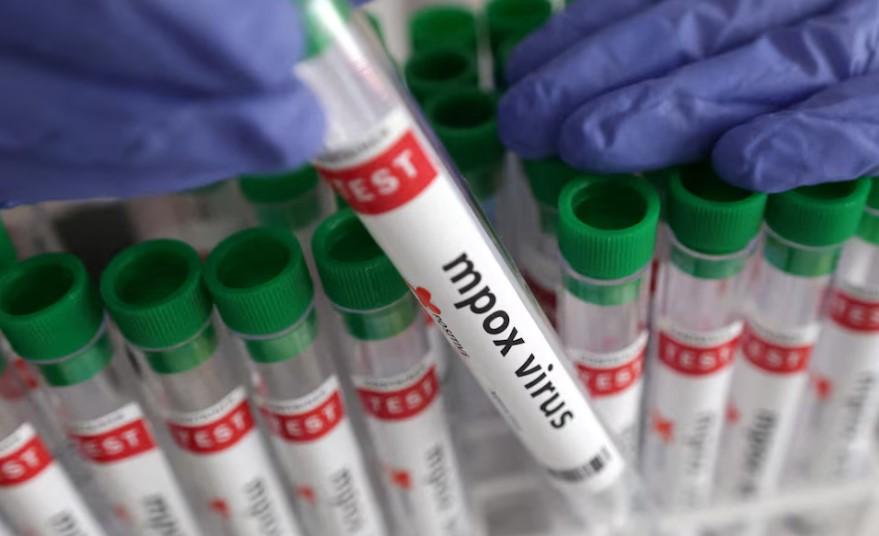
The United States has approved a new twice-yearly injection from Gilead Sciences to prevent HIV infection, marking a major advancement in long-acting options for HIV prevention.
The drug, called lenacapavir, is a pre-exposure prophylaxis (PrEP) treatment that requires only two doses per year. Its approval by the U.S. Food and Drug Administration (FDA) could improve access and adherence to HIV prevention, especially for people who may struggle with daily pills or more frequent injections.
Lenacapavir works by blocking the virus from entering human cells. It belongs to a class of drugs called capsid inhibitors, which target the shell of the virus, disrupting its ability to replicate. This makes it a strong candidate for long-term HIV prevention strategies.
However, there are growing concerns about the cost. Gilead’s pricing for lenacapavir is expected to be around $20,000 per person annually in high-income countries. Public health experts warn that at this price, widespread global use may not be possible.
“Even high-income countries will not be able to afford widescale use of lenacapavir at prices above US $20,000 per year,” said Andrew Hill, a researcher at Liverpool University. Hill led a team of chemists and scientists who studied the manufacturing cost of the drug and found that it could be produced for as little as $25 per person per year.
Hill and his team are urging global health organizations to push for affordable pricing so that low- and middle-income countries can benefit from the treatment. Without more accessible pricing, they warn that the people who need it most may be left behind.
Lenacapavir’s approval is a significant scientific achievement in the fight against HIV, offering a discreet and convenient option that could boost prevention efforts. But experts stress that pricing will be the key factor in whether the drug can make a global impact.
As HIV continues to affect millions worldwide, public health advocates are calling for partnerships, price negotiations, and licensing deals to ensure that lenacapavir is available to all who need it—not just those who can afford it.
Health

Mpox Cases Rise to 137 as Virus Spreads to 17 Kenyan Counties
Kenya’s Ministry of Health has confirmed 137 Mpox cases across 17 counties, raising concerns about the virus’s rapid spread beyond the Northern transport corridor.